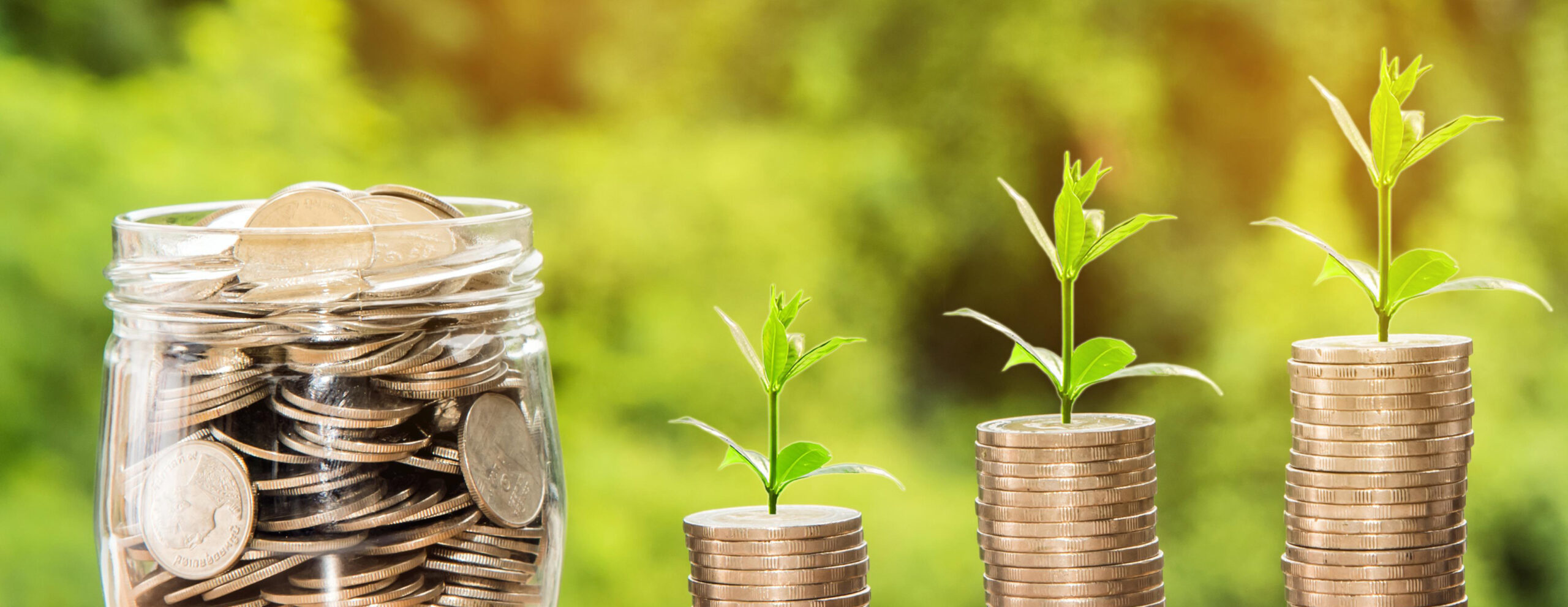As a landmark treaty is thrashed out to tackle plastic pollution, the Eco-Business Podcast debates whether the world is ready to pay a premium for packaging that doesn’t damage the planet.
There are greener alternatives to cheap single-use plastic packaging. But sustainable packaging can be costly and challenging to develop, and while consumers say they’re serious about protecting the environment and want to see businesses use greener packaging they are not necessarily prepared to pay more for it.
About 90 per cent of the world’s packaging ends up in landfill or is incinerated. About 40 per cent of the world’s plastic pollution comes from packaging food, drinks and other consumables. Plastic is usually the cheapest packaging option, and over-use, careless disposal and poor waste management infrastructure could mean that 1.3 billion tonnes of plastic will end up in the environment by 2040.
Around the time of the recording of this podcast, world leaders were meeting in Nairobi to plan a global treaty to tackle plastic pollution. The idea behind the treaty is to develop rules, financing and enforcement mechanisms to regulate plastics spanning their full lifecycle. The treaty which will be negotiated over the next two years, also aims to create a circular economy for a material that is wreaking havoc on the world’s aquatic ecosystems.

Professor Seeram Ramakrishna, chair, circular economy taskforce, National University of Singapore, and Alvin Lim, chief executive, RyPax. Images: NUS and RyPax
Joining the Eco-Business Podcast to unpack the challenges of sustainable packaging are Alvin Lim, chief executive of packaging firm Rypax, which produces packaging from bamboo and sugarcane, and Professor Seeram Ramakrishna, chair of the Circular Economy Taskforce at the National University of Singapore.
Tune in as we talk about:
- What is sustainable packaging?
- Why is sustainable packaging more expensive?
- Creating a circular economy for sustainable packaging.
- Greenwashing in the packaging sector.
- Will consumers pay more for sustainability?
Source Eco Business
March 21, 2022











